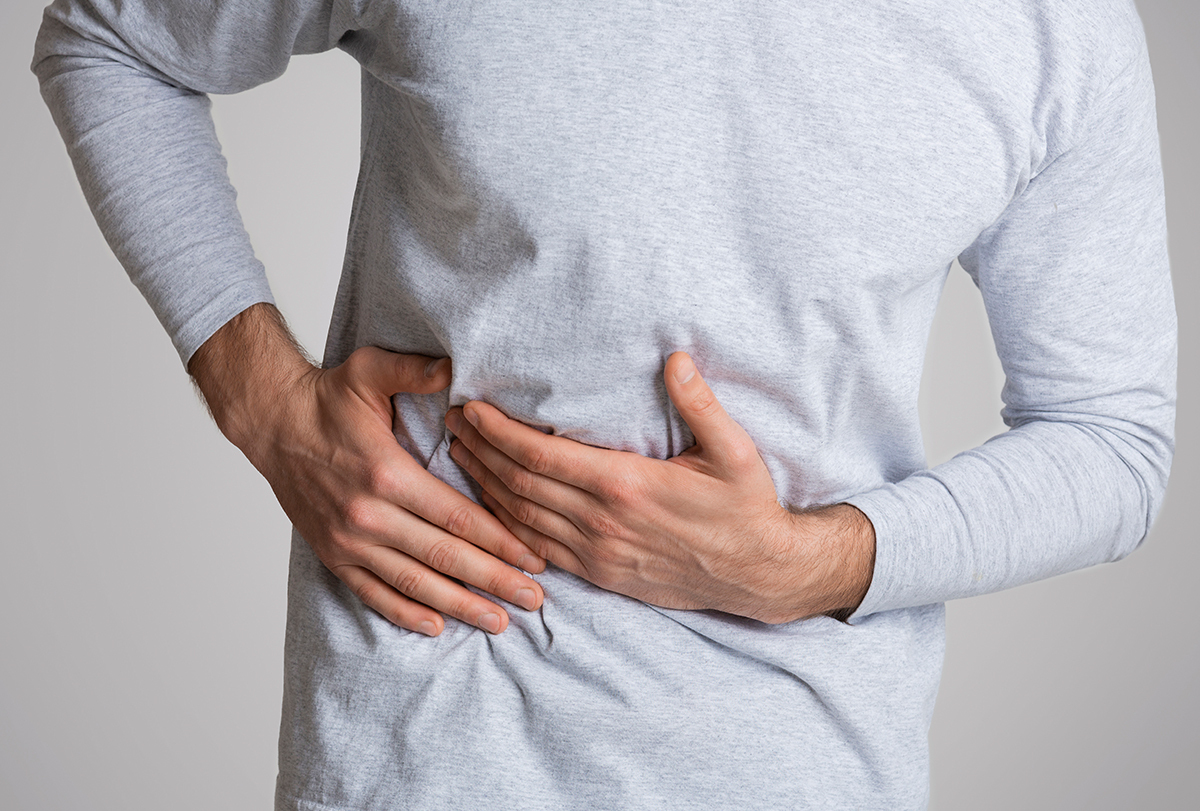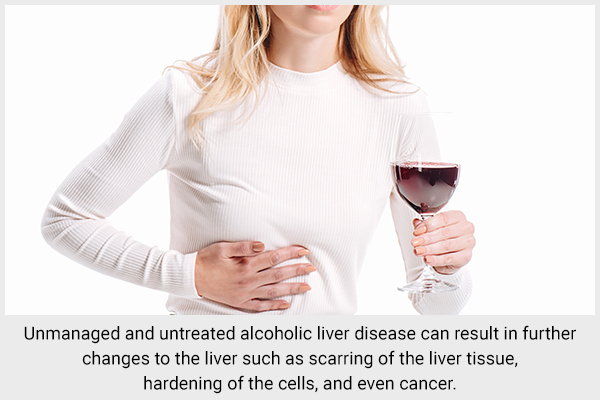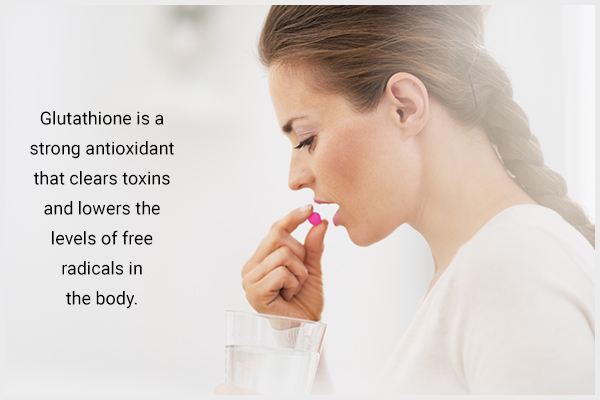In this article:
Glutathione is a type of protein that is made up of three types of amino acids (cysteine, glutamic acid, and glycine). For this reason, it is called a tripeptide.

Glutathione is present in high concentrations in the cells of the body, particularly in the liver because of its strong ability to detoxify the body from free radicals and environmental toxins. (1)
Since the liver is the site for most detoxification pathways, glutathione is beneficial for the organ and is not hard on the liver.
Multiple studies have found glutathione to protect the liver against injury and excess fat accumulation and to treat liver diseases. (1)(2)
Roles of Glutathione in the Liver
Glutathione plays the following roles in the body: (1)
- Reducing free reactive species that cause damage to cells that results in their death or cancerous changes
- Detoxifying foreign substances and metabolites of medicine breakdown
- Increasing the activity of other proteins in the body that improve overall health
- Preventing cells of the liver from damage and death
Glutathione and the Liver
Many studies have looked into the role glutathione plays in protecting the liver. Here are some of the ways it can support liver function:
1. Preventing and treating fatty liver
Glutathione injections have been found effective in treating fatty liver disease, which is a result of excessive accumulation of cholesterol in the organ. Though overall weight reduction and lifestyle changes are the first lines of treatment for fatty liver disease, studies have reported glutathione to be effective. (3)
A recent study found significantly reduced liver enzymes in healthy patients receiving glutathione injections for 4 months. (3) It is important to note that the participants who responded well were younger in age and presented no other complications. Therefore, self-treatment with glutathione is discouraged.
2. Managing alcoholic liver disease

Alcohol abuse can severely impact the liver, which can result in overall damage to the body. Unmanaged and untreated alcoholic liver disease can result in further changes to the liver such as scarring of the liver tissue, hardening of the cells, and even cancer. (1)
These changes can lower glutathione production in the body, resulting in the accumulation of free radicals.
Some clinicians have used antioxidants such as glutathione to improve the outcomes of alcoholic liver disease. (1)
3. Drug-induced liver injury
Since the liver is where drugs are broken down to be removed from the body, excessive use of drugs such as painkillers and self-treatment with medication without consulting a doctor can lead to liver damage. (4)
Glutathione supplementation either directly or by providing substances to increase the natural production of glutathione in the body has been suggested as a treatment for drug-induced liver injury.
Supplementing with cysteine – an amino acid in glutathione – can restore levels of glutathione in the liver to keep it healthy. (4) Typically, a 600 mg dose is given twice daily to increase glutathione levels, though you should consult a doctor before consuming cysteine supplements on your own. (5)
A Note of Caution
The study results mentioned in the article still need to be confirmed by extensive human trials to establish the efficacy of glutathione use and have been included simply to inform and not prescribe.
It is highly advised that you consult a doctor for the treatment of liver diseases and avoid self-treatment.
How Much Glutathione Should I Take to Keep My Liver Healthy?
The liver can be maintained at optimal health by following a diet rich in fresh fruits and vegetables, especially with the addition of cauliflower, broccoli, cabbage, Brussels sprouts, grapefruit, and oranges, (6) as well as by exercising regularly.
In addition, preventing alcohol and drug abuse is also important to maintain optimal liver health. In such a case, extra supplementation with glutathione will not be necessary. However, if you still wish to consume supplements, 500 mg of daily glutathione is considered safe. (7)
Practical Takeaway

- Glutathione is a strong antioxidant that clears toxins and lowers the levels of free radicals in the body.
- It has been implicated in the prevention and treatment of many liver diseases such as fatty liver, alcoholic liver disease, and drug-induced liver injury.
- Though 500 mg of glutathione supplementation is considered safe, it is highly recommended to consult a doctor for a prescription.
- Was this article helpful?
- YES, THANKS!NOT REALLY


